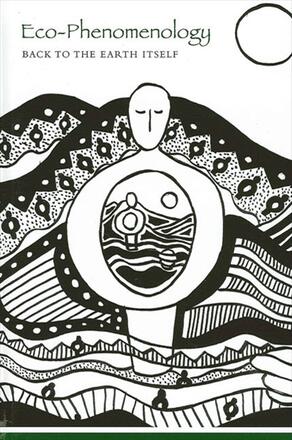
Eco-Phenomenology
Back to the Earth Itself
Alternative formats available from:
Explores how continental philosophy can inform environmental ethics.
Description
This groundbreaking collection explores the intersection of phenomenology with environmental philosophy. It examines the relevance of Husserl, Heidegger, Merleau-Ponty, and Levinas for thinking through the philosophical dilemmas raised by environmental issues, and then proposes new phenomenological approaches to the natural world. The contributors demonstrate phenomenology's need to engage in an ecological self-evaluation and to root out anthropomorphic assumptions embedded in its own methodology. Calling for a reexamination of beliefs central to the Western philosophical tradition, this book shifts previously marginalized environmental concerns to the forefront and blazes a trail for a new collaboration between phenomenologists and ecologically-minded theorists.
At Emporia State University, Charles S. Brown is Professor of Philosophy and Ted Toadvine is Assistant Professor of Philosophy.